Sharing is caring!
Walmart Tire Installation Cost – ...
Please enable JavaScript
Walmart Tire Installation Cost – How Does It Stack Up Against The Rest?
As an Amazon Associate we earn from qualifying purchases made on our website. If you make a purchase through links from this website, we may get a small share of the sale from Amazon and other similar affiliate programs.
Have you ever tried to lift a tire? If yes, you must have realized that tires are quite heavy. Thus, how much does a tire weigh? This guide has the answer.
The weight of a tire mostly depends on its type and size. Large truck tires can weigh approximately 30 to 80 pounds, while smaller car tires would weigh about 20 to 22 pounds. However, the tire quality, material used in the construction, and application will significantly determine its weight.
This guide will look at several factors that will affect a tire’s weight. We will also take you through the average weight of common tires available in the market.
Let’s get to it.
The type of tire will significantly affect its general weight. The large tire size will naturally weigh more than the compact passenger tire.
It is not a big task to notice how tires stack up by weight compared to each other. Normally, the smaller the tire, the less the weight.
The most significant factor that influences the tire weight is the size. There are several facets of the tire size. To start with, you must consider the diameter of your tire. The diameter will affect the volume, which affects the weight. It also indicates how much material should be used, which makes the tire heavier.
You should also compare the tire width. It is scientifically proven that wider tires use more material and hold more pressure, resulting in higher weight.
A normal tire comes with different components such as the tire tread, the casing, and the belt system. Since most of the materials used are the same in most manufacturing plants, there are some minor differences according to the type and use of the tire.
Since most of the materials used are the same in most manufacturing plants, there are some minor differences according to the type and use of the tire.
For instance, the mud or all-terrain tire comes with chunky tread blocks compared with a regular passenger tire. Though these two tires could be the same size, the passenger tire will be lighter than the all-terrain tire.
Also, a premium tire could weigh more than all. It comes with additional layers of rubber than a pocket-friendly tire. Likewise, the premium tire weighs more than a cheaper tire of the same type or size. This will translate to a higher price.
As mentioned before, a tire type significantly affects its weight. Let’s look at different types of tires and how much they weigh.
| Vehicle Tire Type | Average Weight |
| Passenger Car Tires | 27 lbs (12 kg) |
| Trailer Tires | 15.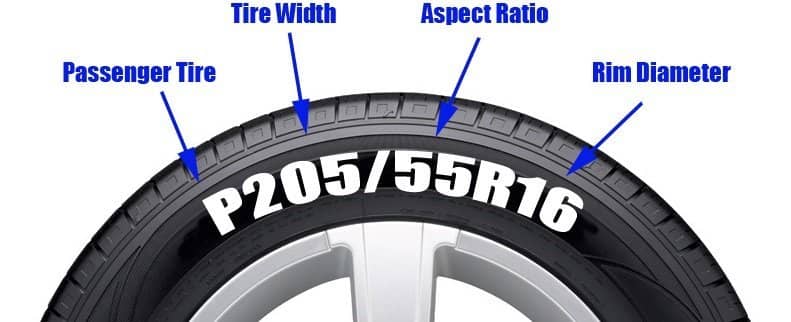 5 lbs (7 kg)
5 lbs (7 kg) |
| Light Truck and SUV Tires | 48 lbs (22 kg) |
| Farm and Tractor Tires | 34 lbs (15 kg) |
| Commercial Van/Truck Tires | 115 lbs (52 kg) |
| ATV Tires | 23 lbs (10.4 kg) |
| Motorcycle Tires | 30 lbs (14 kg) |
| RV/Motorhome Tires | 71 lbs (32 kg) |
| Lawn Mower Tires | 5.6 lbs (2.5 kg) |
| Golf Cart Tires | 10 lbs (4.5 kg) |
| Car Tire Type | Average Weight of a Car Tire |
| Winter | 23 Lbs / 10.4 Kg |
| Summer | 19 Lbs / 8.61 Kg |
| All-Season | 20 Lbs / 9.07 Kg |
| All-Terrain | 34 Lbs / 15.4 Kg |
| Off-Road | 44 Lbs / 19.9 Kg |
| Performance | 20 Lbs / 9.07 Kg |
| Studded | 40 Lbs / 18.1 Kg |
There are a number of different types of passenger cars available with different wheel sizes. On average, car tire sizes vary from 13 inches to 20 inches.
On average, car tire sizes vary from 13 inches to 20 inches.
As stated above, tire size is one of the major factors that determine the weight of a tire. Most passenger car tires weigh between 14 pounds to 22 pounds on average.
Obviously, the bigger the tire, the higher the weight and vice versa. For example, a small passenger car with a 13-inch tire would weigh about 14 pounds, while an SUV with a 20-inch tire would weigh about 22 pounds.
ATVs come with tires that can withstand rough surfaces. Because of this, they are designed to withstand uneven terrain and more obstacles.
On average, the all-terrain vehicle tires weigh between 20 and 40 pounds. Additionally, the UTV uses the same type of tires.
A trailer tire should be able to sustain the weight of whatever you are transporting. According to the size of your trailer, a single tire should weigh anywhere around 10 pounds.
Just like any other heavy vehicle, a trailer holds a different number of tires. If your trailer has two axles with dual-tire hubs, it will hold a maximum of eight tires.
Obviously, a commercial truck tire should weigh more than a normal pickup truck. These vehicles carry heavy weight loads, and this necessitates large and heavier tires than the average ones. Such tires should also offer the ability to haul and tow.
On average, a commercial truck weighs around 100 pounds and 250 pounds. Like other types, lighter and heavier trucks exist in certain situations.
Just like the passenger car tire, the truck or SUV tire has different sizes. For a light-duty truck, the tire should be able to support regular transportation and towing. However, such tires can also be used on similar SUV models. Because of this, most tires lie between 17 inches and 20 inches.
A truck or SUV tire should weigh between 45 pounds and 100 pounds on average.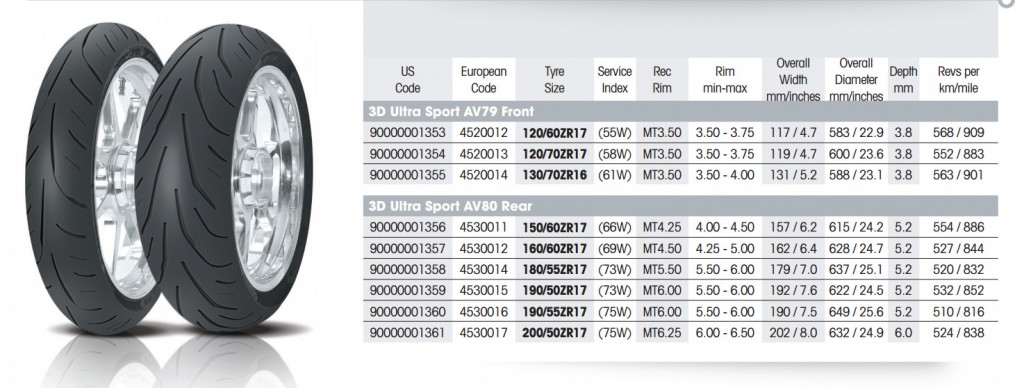 But some weigh less or more.
But some weigh less or more.
Farm and tractor tires come in a wide variety, according to your equipment type. These tires should be strong enough to handle all types of surfaces, and else the owner will not be able to get to crops or complete the tough tasks that are ahead.
For this reason, farm and tractor tires have different weight ratings. Some weigh up to hundreds of pounds, while others can weigh as low as 30 pounds.
A motorcycle tire should be lighter than a passenger car. Therefore, it is essential to maintain such weight to a minimum, and that is why motorcycles use more lightweight tires.
A motorcycle tire should weigh around 8 pounds to 30 pounds on average. Normally, the rear tires weigh more than the front tires.
A 16 inch ROH rim has a weight of about 34.17 pounds, and the tire weighs 25lbs.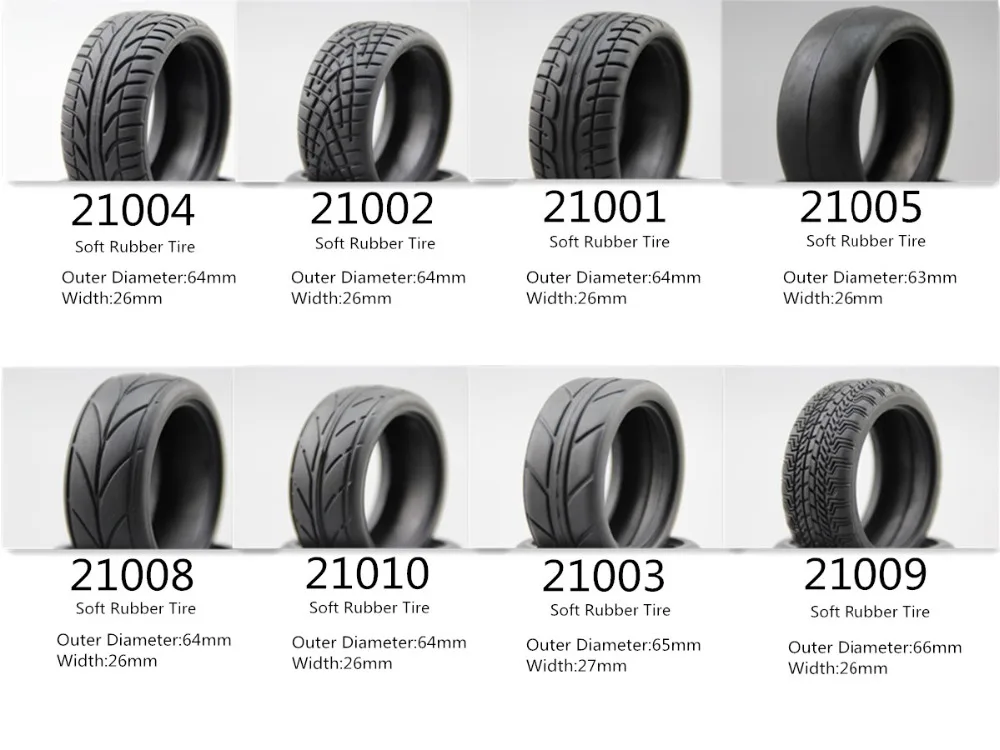 the weight may differ according to the brand that the tire and the rim belong to. Stock 4th generation SE rim weighs between 18-20 lbs, while the whole combination can weigh about 42-44 lbs.
the weight may differ according to the brand that the tire and the rim belong to. Stock 4th generation SE rim weighs between 18-20 lbs, while the whole combination can weigh about 42-44 lbs.
A tire and rim’s weight mainly depends on the material used in the construction, the shape (large or small), and its configuration.
Monster truck tires are the heaviest of all and weigh around 362kgs and 408kgs. This heavyweight is a result of the sheer size of the tires. Most of them are 43 inches wide and 66 inches high.
Several components that are combined to make tires significantly impact their weight. All these parts join to enhance the tire’s wear, traction, and handling. They also provide traction and cornering capabilities for the tire.
Such components are:
The tire tread: this is the topmost slab of the tire that is made of two components, the tread cap and the tread base.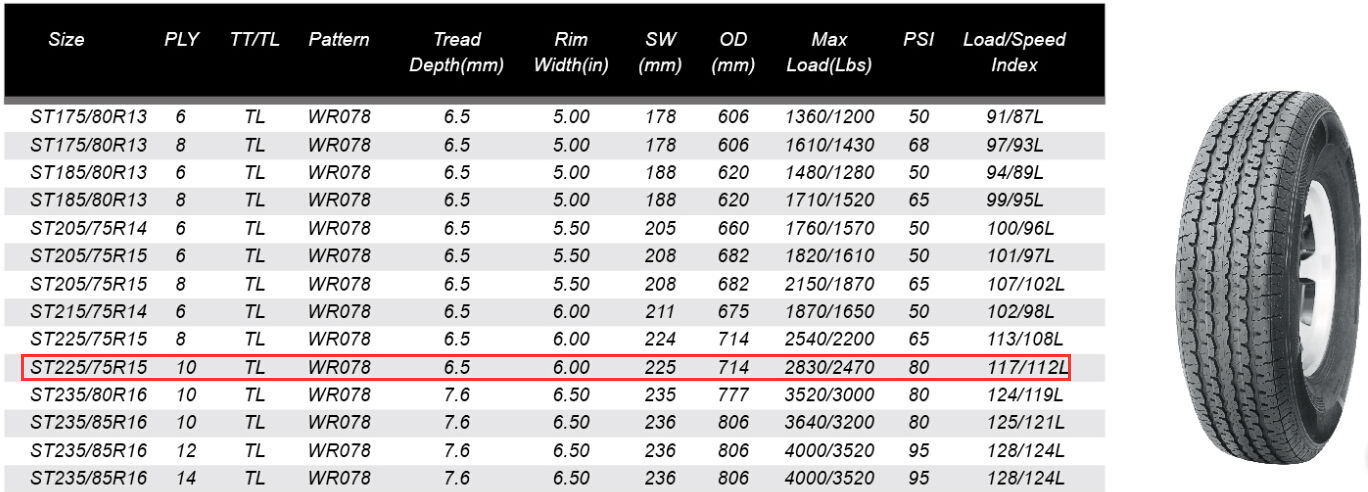 The tread cap is an abrasion-resistant material that is used to provide mileage and traction.
The tread cap is an abrasion-resistant material that is used to provide mileage and traction.
Tire Casing: the tire casing is also known as the body of the tire and comprises several components such as the inner liner (which seals the air inside the tire tube), bead (which connects the tire to the wheel), sidewall (which is responsible for providing the tire weather resistance), and body ply (which improves the strength of the tire rubber).
Belt System: the belt system is found at the top of the casing and conveys stability to the tread part of the tire. It also plays a significant role in tire handling, wear, and traction. Most tire industries use steel to make the belt system. This is because steel improves the strength of the treat part without subjecting it to a lot of weight.
A tire’s weight depends on the type of tire you have on your car. If you drive a heavy-duty track, then the tires on your truck will be heavier than someone who drives a passenger car, even if the tires are of the same size.
On average, commonly found tires on the market have a weight range of between 20 pounds to 300 pounds. However, special tires like those used in monster trucks weigh up to 900 pounds. Such tires enjoy a small share in the market.
Niklas
Hi, my name is Niklas, the head content creator & CEO of Whirling Wheelz. I am very interested in vehicles of all kinds, mainly cars. I have a car mechanics degree from high school and a big hobby of mine is to follow the WRC (World Rally Championship) both online and through travel.
It’s not easy to change a tire, mainly because of the weight. Tires can be very heavy, but what is the average weight? How much do tires weigh, and what factors affect how heavy they are?
The average passenger car tire weighs between 15 and 25 pounds. However, the tire’s weight depends a lot on the type and size. A smaller passenger tire might only weigh 15 pounds (6,8 kg), while a larger truck tire can weigh upwards of 80 pounds (36 kg) or more.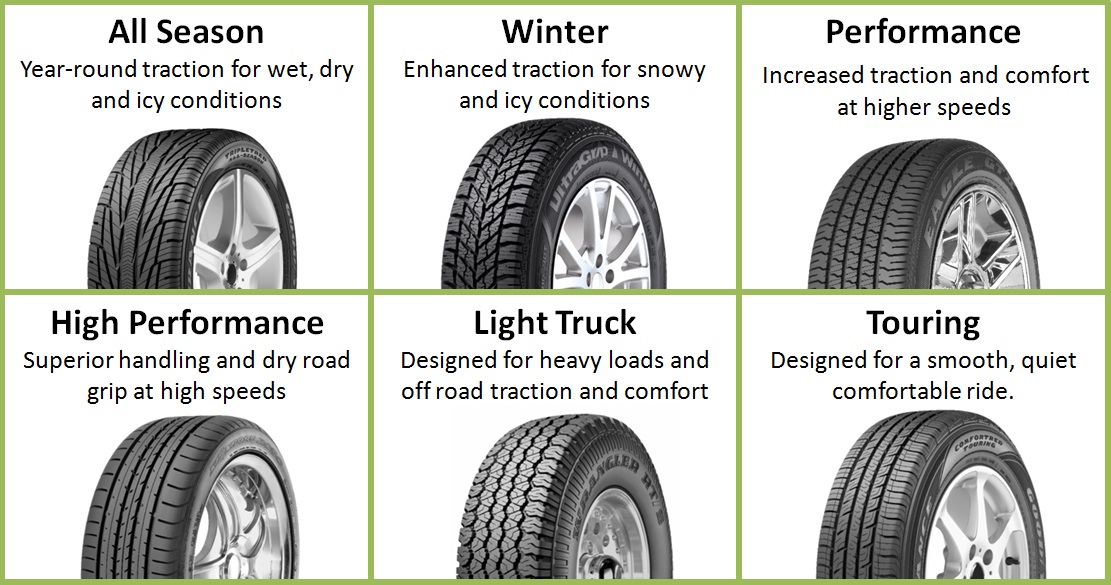
These weights are just for the tire alone, without factoring in the additional pounds that the rim adds.
In this guide, I evaluate the different tire weights. I also talk about what affects weight. While every tire might be slightly different, this article gives you a better idea of where the weight might fall.
Factors Affecting Tire Weight1. SizeThe biggest factor in determining weight is the size of the tire. There are multiple parameters to consider here. First, you must look at the diameter. The diameter affects the volume, which translates to weight. It also shows how much material needs to be used, which makes it heavier.
You must also compare the width of the tire. The wider the tire is, the more material is used and the more air pressure it holds, which translates to greater weight.
RELATED: How To Read Tire Size – Tire Sizes Explained
2. TypeThe tire type also affects its overall weight.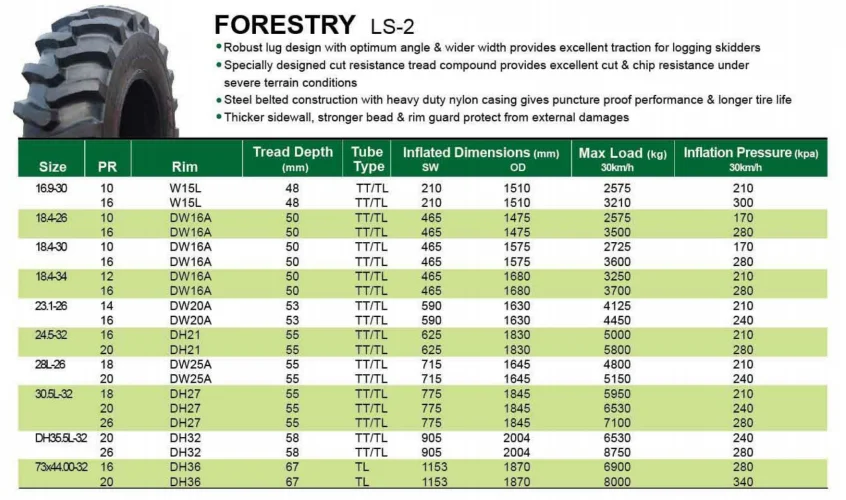 A compact passenger tire is going to naturally weigh less than a larger tire size.
A compact passenger tire is going to naturally weigh less than a larger tire size.
It’s easy to see how tires stack up by weight when compared to one another. In most cases, the smaller the tire is, the less it should weigh.
3. ApplicationThe standard passenger tire comes with a belt system, casing and tread. All of these components will be found across the tire industry. However, certain tires meant for additional purposes can have other features that add to the weight.
As an example, mud or all-terrain tires have chunky blocks in the tread, which is very different from the regular passenger tire. While these tires could be the same size, the all-terrain tires would naturally be heavier.
Additionally, the premium tire might weigh more overall. It can contain extra layers of rubber compared to the budget-minded tire. While the durability is higher, so is the price.
RELATED: How Much Does a Car Weigh? (Average Weight by Car Type)
Tire Weights by Type1. Passenger Car
Passenger CarIt’s difficult to put all passenger car tires into one category because there are so many of them. This category can cover everything from 13- to 20-inches.
The majority of passenger car tires measure between 15 and 25 pounds. The smaller the tire is, the less you can expect it to weigh. It also depends on what level of performance the tire provides, with luxury or performance-focused tires having more material included, adding to the weight.
RELATED: How Much Does A Car Engine Weigh? (Small or Large Engines)
2. Truck/SUVA truck or SUV tire is going to come in a variety of sizes, just like the passenger car tire. When it comes to a light-duty truck tire, it needs to provide support for regular hauling and towing. However, these same tires are used on comparable SUV models. That’s why most of the tires are between 17- and 24-inches.
On average, you can expect a truck or SUV tire to weigh 45 to 100 pounds, although there are some that weigh more or less.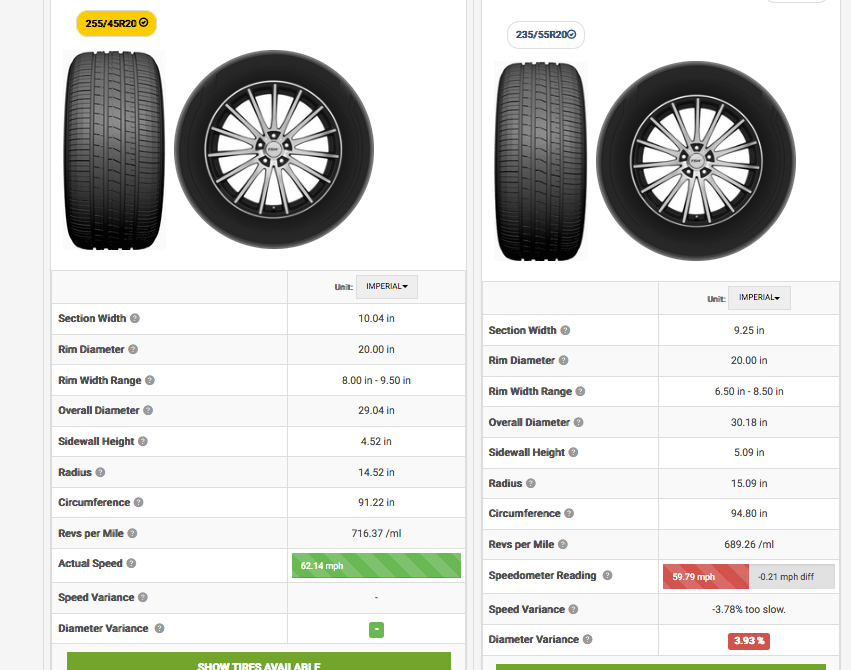
Clearly, the commercial truck tire is going to be much heavier than the average pickup truck. They are larger and heavier than the average tire because of how much of a load they are expected to bear. These tires must also provide the capability for hauling and towing.
On average, the commercial truck tire will weigh between 100 and 250 pounds. As with all the other types, there can be some that may be lighter or heavier in certain circumstances.
4. Monster TruckThe monster trucks will be among the heaviest on the market. They are built with heavy-duty applications in mind. They aren’t necessarily towing or hauling any loads, but they need to be built so that the rubber doesn’t blow out.
The majority of monster truck tires measure up to 66 inches high and possibly to 43 inches wide. That means you get a tire that’s about 6 feet tall and 4 feet wide. It becomes clear why the tire is meant for monster trucks.
With a tire this big, you can only expect a massive amount of weight. Because these tires weigh between 600 and 900 pounds, it’s not easy to simply change them. It requires a lot of effort and the right equipment to get one of these tires off and a new one put on.
5. MotorcycleIf you think that a motorcycle tire is usually lighter than a passenger car tire, you would be right. It’s important for all motorcycles to keep the weight to a minimum, which is why lighter tires are used.
On average, a motorcycle tire might weigh between 8 and 30 pounds. Generally, the front tire weighs less than the rear tire.
Unlike car tires, where all four will likely weigh the same amount if they are the same brand, the two motorcycle tires can have different weights.
6. Golf CartThe golf cart tire helps you to traverse even smooth surfaces, such as what’s found on the golf course. For this reason, the tires don’t need to weigh a lot.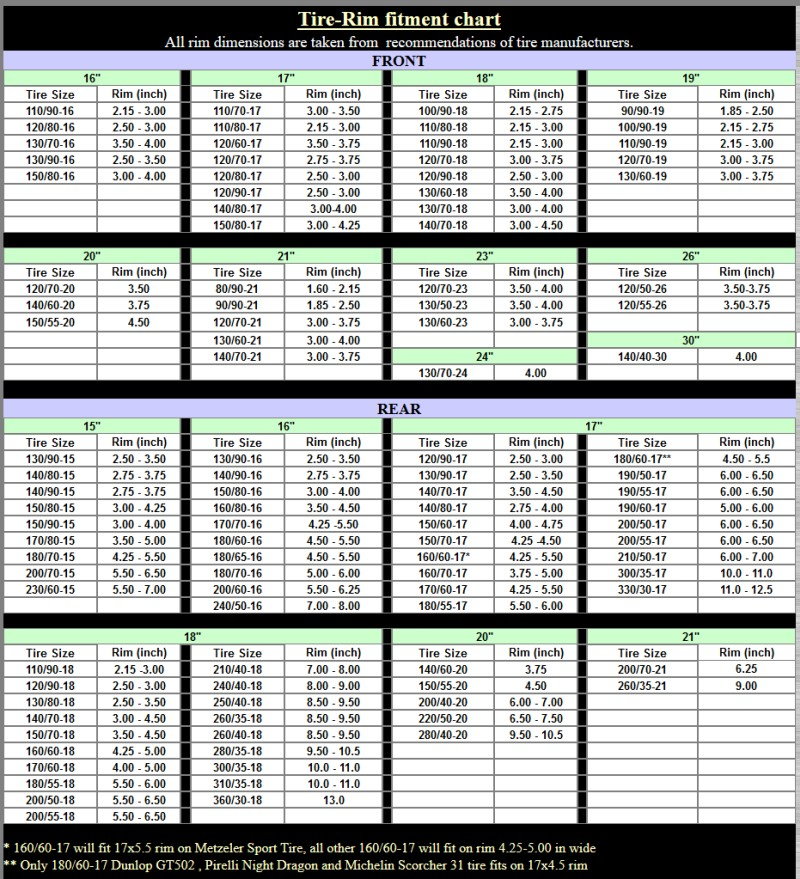
On average, you can expect golf car tires to weigh about 10 pounds. This could be a little more than what’s found on a lawnmower.
7. TrailerThe trailer tire needs to be able to hold whatever you are hauling. Depending on the size of the trailer, your tires could weigh around 10 pounds each.
Trailers can also hold a varying amount of tires. If the trailer contains two axles with dual-tire hubs, you would have a total of eight tires.
8. ATVAll-terrain vehicles have tires that can handle rough surfaces. For this reason, they are built to handle more obstacles and uneven terrain.
On average, the ATV tires will weigh between 20 and 40 pounds. The UTV will hold the same type of tires.
9. Farm/TractorThere is a wide variety of farm and tractor tires available, depending on what equipment you are using. These tires must be able to get across any type of surface, or the farmer might not be able to get to crops or accomplish the tough jobs that are ahead.
That’s why farm and tractor tires can have a variety of weight ratings. Some can weigh as low as 30 pounds, while others can weigh hundreds of pounds.
How much a big tire weighs depends entirely on how big the tire is. For example, large tractor tires can weigh 400 to 600 pounds each, which can give a total weight of all 4 tires of 2400 pounds. Large SUV tires for a car can weigh 100 pounds or more.
The best and most accurate way to figure out the weight of your tire is to either get the correct weight from the tire manufacturer, or put it on a scale. If you find the product number on the tire, you can often find the weight information on the tire manufacturer’s website.
The weight difference between a tire filled with air versus an empty tire is only a few grams, so the difference is almost unmeasurable. Therefore, to find out how much a tire weighs with air, you only need to find out how much it weighs without air.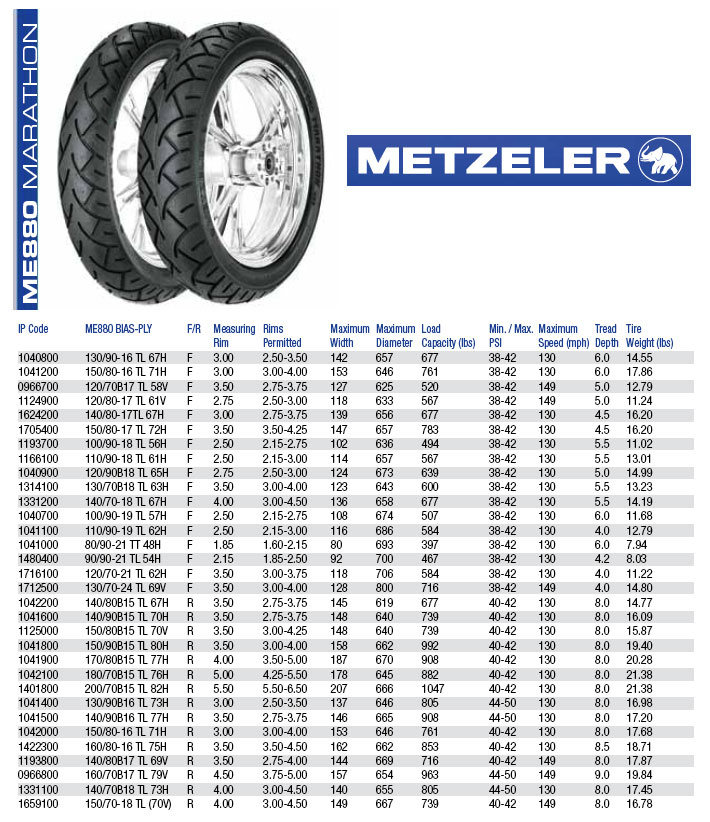
The average rim weighs around 20 to 30 pounds, and the average tire is around 15 to 25 pounds. Therefore, you can expect a full wheel weight of 35 to 55 pounds. However, this depends on many factors such as rim material, tire size and much more.
Categories: Tires
Denis Piccolo - published on 21/04/2022
You've probably heard this statement: "The heavier the tire, the better its quality. " Of course, mass and quality are connected, but everything is much more complicated. Today, BKT experts will explain this relationship and note the factors that affect tire mass.
" Of course, mass and quality are connected, but everything is much more complicated. Today, BKT experts will explain this relationship and note the factors that affect tire mass.
Tire weight basics
The weight of a tractor tire, like any other off-road tire, depends on more than just tire size. With the same size, a tire designed for increased load capacity will be heavier, since it uses additional reinforcing elements.
BKT tyres, for example, feature a large amount of material in the bead. On the one hand, this slightly increases the mass, and on the other hand, it reduces the amount of damage to zero. In other words, with the added weight, you don't have to worry about fixing cracked tractor or loader tires.
A significant proportion of the mass of a tire is in the tread. In this case, other elements, such as belts, shoulder areas, sides and carcass, should be taken into account. They are the ones that can be tested and improved during development to achieve the desired combination of performance and price.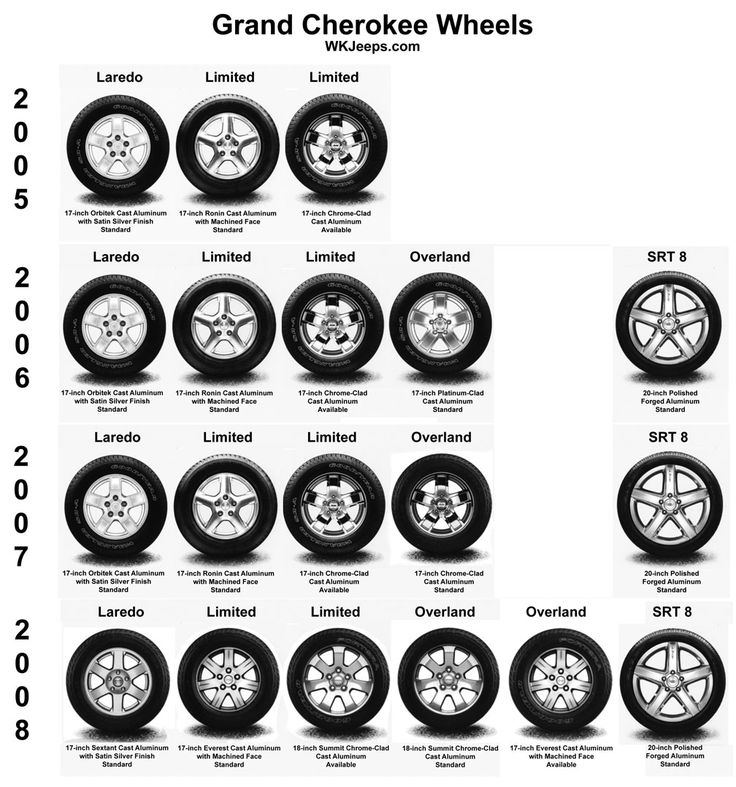
How much does a tire weigh on average?
Still want to know how much a tire weighs? It is likely that you often look at the weight table for off-road and agricultural tires. We will satisfy your curiosity and tell you how much some of our best-selling models weigh - from light to heavy:
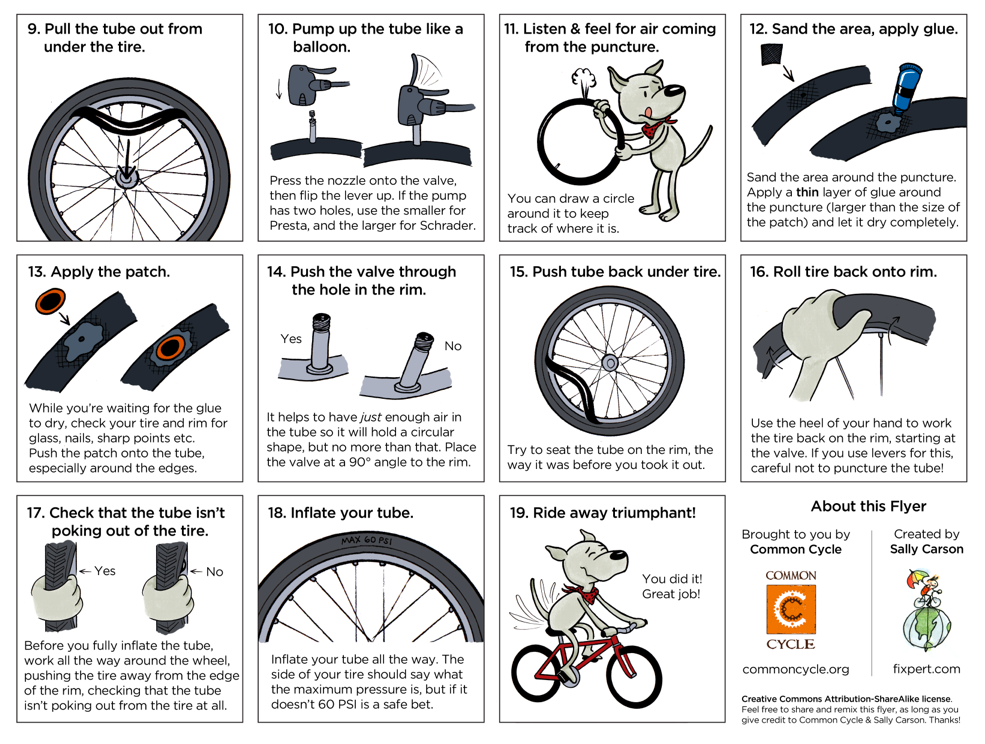
So similar but very different
AGRIMAX FORCE and AGRIMAX V-FLECTO tires in the same size 710/70 R 42 are BKT's most popular agricultural tires. The first model designed for tractors with engines over 250 hp. with., equipped with IF technology, and the second tire is designed for tractors of new generations and endowed with VF technology.
However, the difference in weight between these tires is negligible: the first weighs 347.4 kg and the second 340.84 kg.
Weight is the most important element
Choosing the right tire comes down to durability, speed index, self-cleaning and puncture resistance. It is these parameters that BKT engineers are working on, creating tires for various applications. But there is another important, even fundamental, factor for any tire - its weight.
BKT invests heavily in research and technology to reduce tire weight.
Why do we strive to produce lightweight tires? Of course, tires are designed for specific applications, which determines their weight. But in general, lighter tires tend to have lower rolling resistance, leading to lower fuel consumption and cost by using fewer materials. The ultimate goal is to improve performance and environmental performance.
Dealer search
On May 1, 2021, a new EU regulation on tire labeling for fuel efficiency and other parameters was introduced.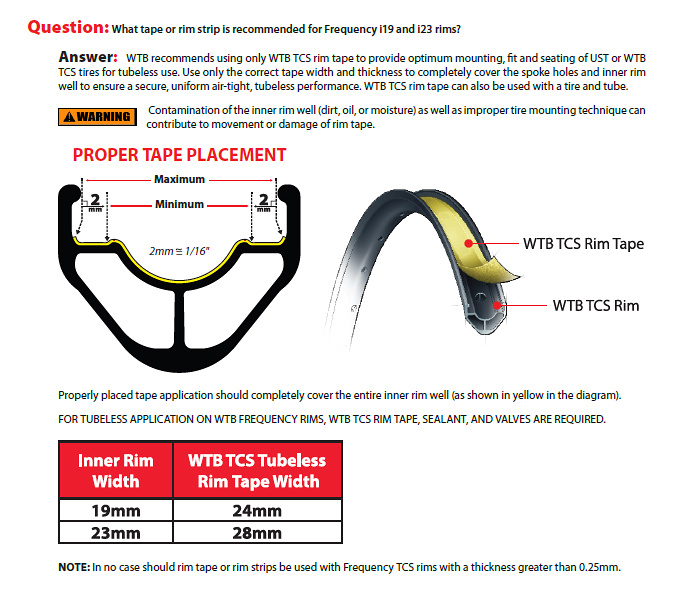
See XC40-winter for specific tire energy label information.
| Part Number | Description | |
| 32207 138 | 9006 0||
| 32207136 | Nokian, Hakkapeliitta 9 SUV | |
| 32333098 | Michelin, X-Ice North 4 SUV |
Recommended accessories:
Lockable wheel bolt set
Four complete wheels are ordered in one article number and delivered on a returnable pallet.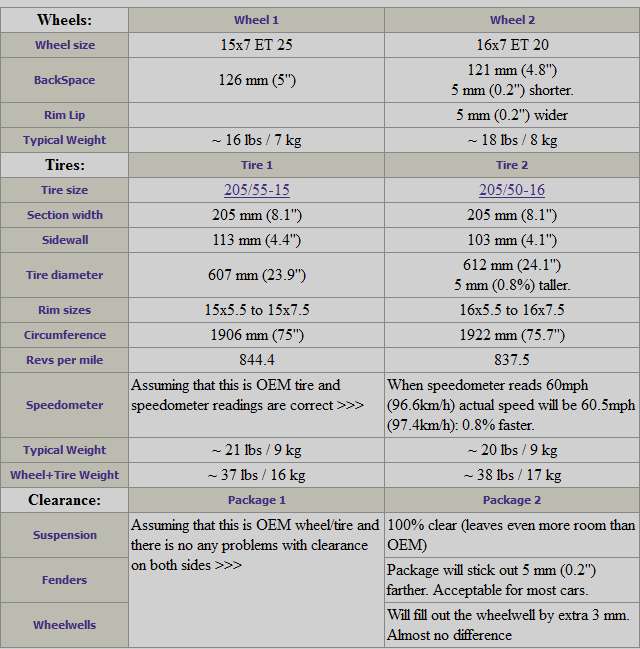
Winter tires provide better grip on cold, snowy or icy surfaces.
Balanced and checked just as rigorously as in the car factory
Prepared for TPMS (Tyre Pressure Monitoring System)
| Colour: | 96 | |
| Rec. dimensions: | 235/60 R17 | |
| Aluminum rim | 7.5 x 17” | 9007 02 Photo: Winter Wheel 2018/19 Sheets per model |
| Energy label tires | ||
| Weight of accessories: | 4 x 24.3 kg | |
| Nokian, Hakkapeliitta 9 SUV | ||
| Weight of accessories: 4 x 25.3 kg | ||
| Continental Viking Contact 7 | Weight: | 4 x 26. |